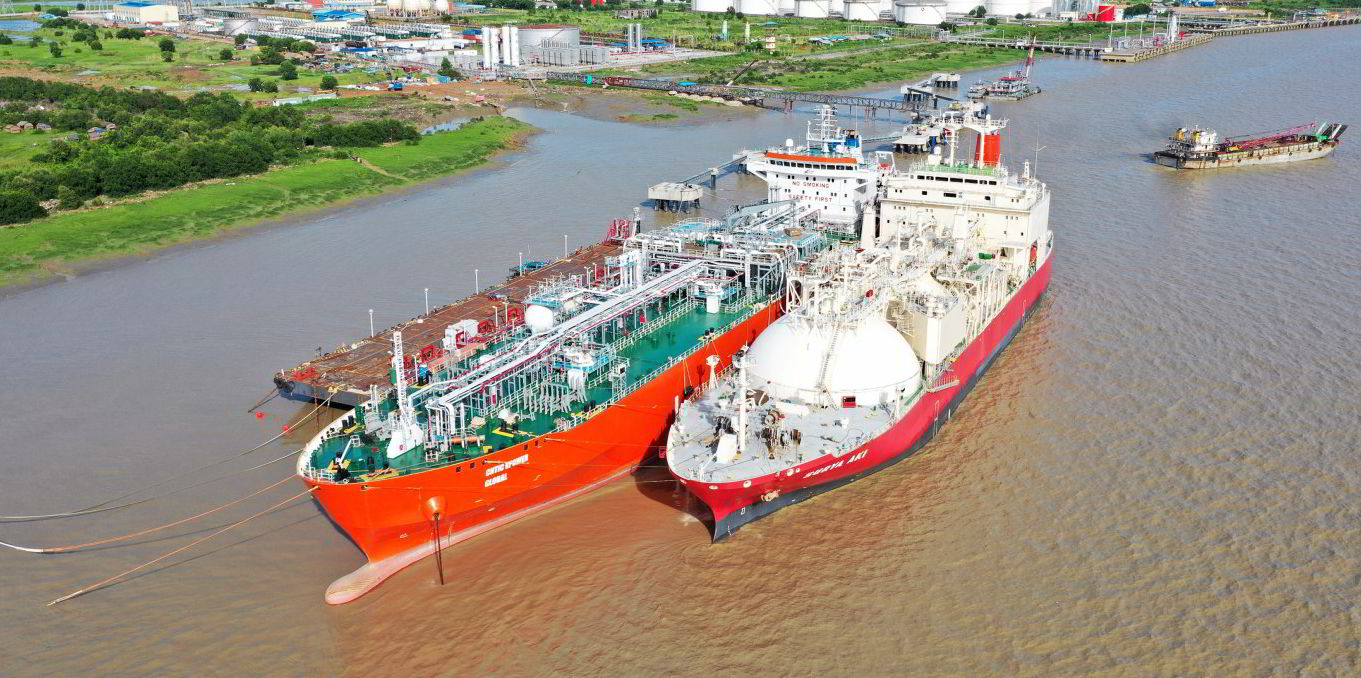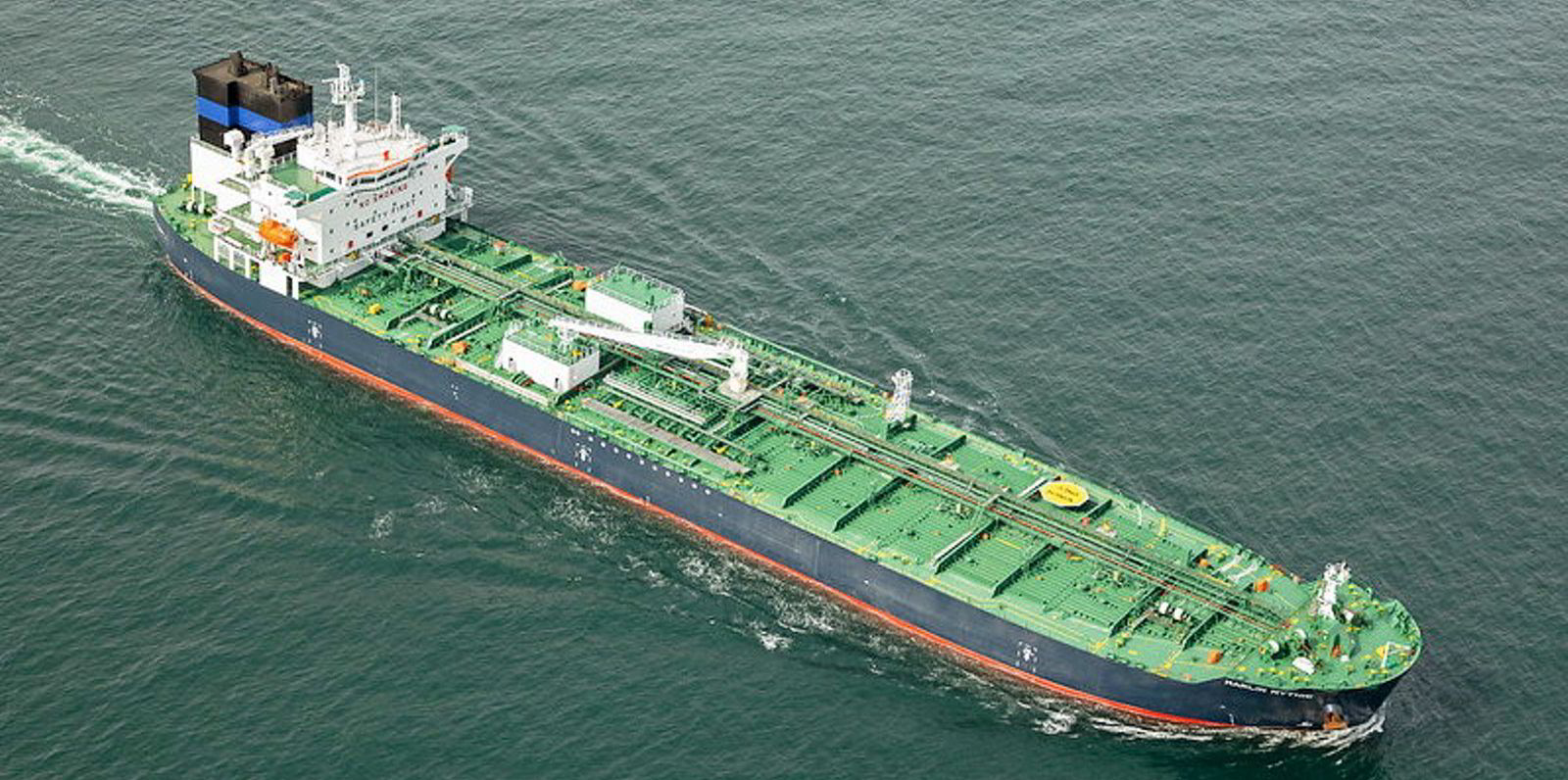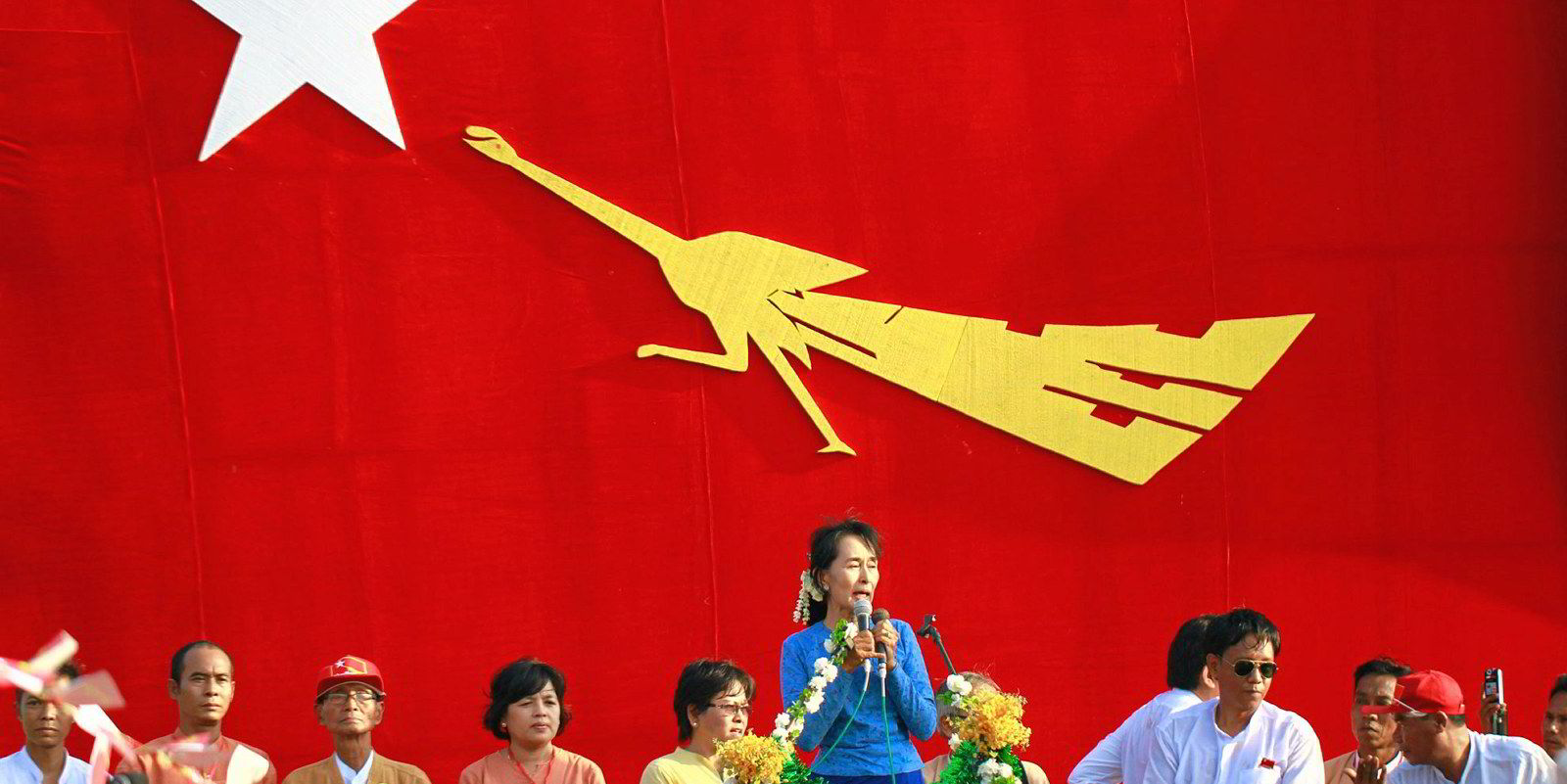Shipping companies trading with Myanmar look set to avoid the sanctions that have hampered similar activities in countries such as Venezuela and Iran.
Up to now, the US and its Western allies have restricted their sanctions to the military leaders behind the 1 February coup.
US President Joe Biden's administration has named 10 military officials and three companies connected to the armed forces as Specially Designated Nationals (SDNs) in response to the military overthrowing the democratically elected government.
“I think it highly unlikely we will see the US imposing sanctions prohibiting US banks from engaging in or facilitating transactions with all [Myanmarese] entities,” Holland & Knight partner Jonathan Epstein told TradeWinds.
“However, we could see specific banks in Burma [Myanmar] sanctioned and action by the US Financial Crimes Enforcement Network regarding anti-money laundering risks that make it much more difficult to engage in US dollar transactions relating to Burma — because US and non-US banks will, for risk-management purposes, be more cautious or even outright refuse to handle transactions related to Burma.”
Epstein said the biggest risk for LNG shipments and ships fixed on charters is that a number of companies that are owned or controlled by the military elites in Myanmar will be placed on the SDN list.
Track designations carefully
“That is why we suggest companies conduct [due] diligence and make contingency plans now and track designations carefully,” he said.
In general, Epstein said the US Department of the Treasury's Office of Foreign Assets Control would not impose sanctions on an entity for prior contracts with a Myanmarese entity subsequently designated an SDN.
“However, designation of major companies as SDNs often creates a mess for companies that have ongoing contracts with such SDNs, who are faced with weighing contractual obligations against sanctions risk,” he said.
“Such weighing is complicated because of course, banks, insurers and shipowners will assess risk differently than the charter or shipper.”
The US government has indicated that the 11 February sanctions are preliminary, implying further sanctions may be forthcoming.
Singapore-based Clyde & Co partner Justin Tan said there is not the same stomach internationally for the wide-ranging economic isolation that Myanmar was under previously.
“The thinking is that we’ve isolated Myanmar for over 20 years and all that it has done is strengthen the military, weaken the people who have suffered and done nothing to change anything,” he said.
“It’s obvious that there is not very much that blanket sanctions can do to change the behaviour of the military, so the idea is starting to form that this is a problem that Myanmar has to solve by itself.”
Tan said it will depend entirely on the situation within Myanmar as to how long these sanctions will remain.
“If elections and a return to largely civilian rule follow swiftly, the sanctions may be lifted relatively speedily too,” he said.





